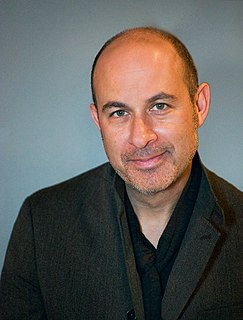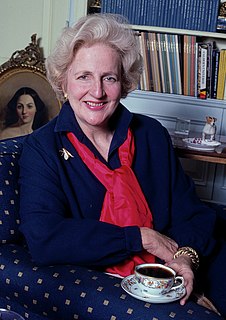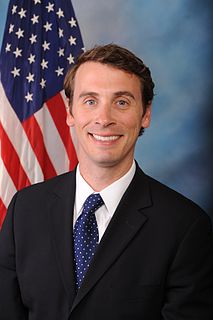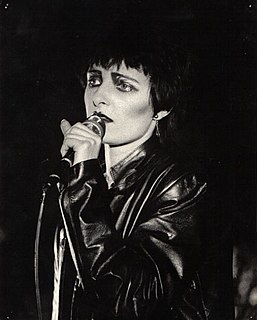A Quote by Felicity Jones
My mother was in the kind of late-'60s, early-'70s origins of female emancipation. And she was very much like, 'You're not going to be defined by how you look. It's going to be about who you are and what you do.'
Related Quotes
I was a tomboy running around in the garden. I used to play on a local cricket team. I grew up with all boy cousins, for the most part, and my brother. My mother was in the kind of late-sixties, early-seventies origins of female emancipation. And she was very much like, "You're not going to be defined by how you look. It's going to be about who you are and what you do."
When I began writing poems, it was in the late 60s and early 70s when the literary and cultural atmosphere was very much affected by what was going on in the world, which was, in succession, the civil rights movement, the antiwar movement, and the women's movement in the 60s, 70s, and into the early 80s. And all of those things affected me and affected my thinking, particularly the Vietnam War.
Something I always wanted to do, to capture that later half of the '70s. It's like the early half of the '70s is still the '60s, in that there's still kind of a playfulness and inventiveness in terms of design and the things that were going on in the culture. The second half, it got much more commodified. It's possibly the ugliest era of architecture and clothes and design in the entire 20th century, from 1975 to '81 or '82.
When I was a kid, a lot of my parents' friends were in the music business. In the late '60s and early '70s - all the way through the '70s, actually - a lot of the bands that were around had kids at a very young age. So they were all working on that concept way early on. And I figured if they can do it, I could do it, too.
My mother never talked about sex. I was on the Dr. Ruth [ Westheimer] show once - this is years and years and years ago - and it was her Mother's Day show. And I didn't know what we were going to talk about but what she decided we were going to talk about was female masturbation. My mother had invited all her girlfriends. And you know these were all women in their late seventy's maybe they were in their eighty's by then and then and they were horrified because Dr Ruth had a little she had a little chart up you know "female masturbation".
And that's the one thing that people do not understand is that we have very low interest rates and if those go back to historical levels or even go back to scary thoughts that they're back in the late '70s, early '80s, then that's going to really be hard to actually pay off those debts. It's going to be a - it's going to be a very big problem.


































